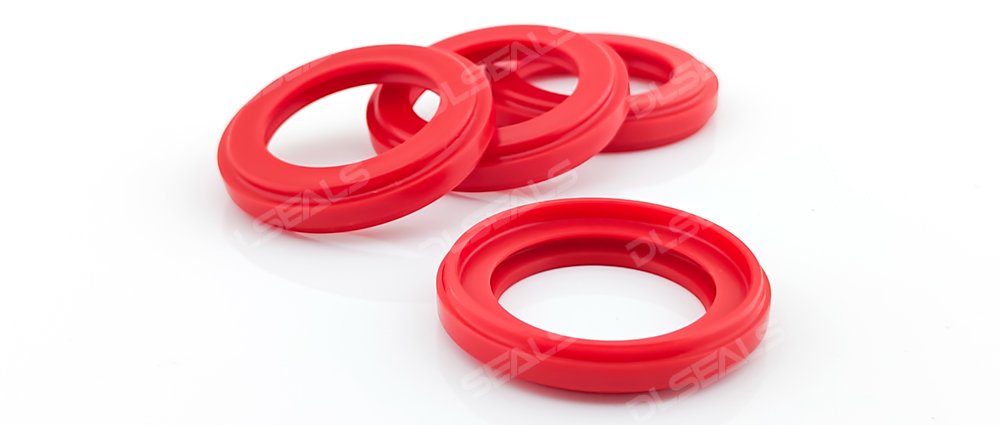When it comes to sealing applications, choosing the right material can be critical to the success of your project. Two commonly used sealing materials are metal seals and rubber gaskets, each with its own set of pros and cons. In this article, we’ll explore the advantages and disadvantages of both options to help you make an informed decision for your specific needs.
Metal Seals:
Pros:
High Temperature Resistance: Metal seals are known for their excellent performance at high temperatures, making them ideal for applications where extreme heat is a concern.
Chemical Resistance: Metal seals are often resistant to a wide range of chemicals, providing reliable sealing even in harsh environments.
Longevity: Metal seals are typically more durable than rubber gaskets, offering a longer service life and reducing the need for frequent replacements.
Cons:
Cost: Metal seals are generally more expensive than rubber gaskets, which can increase the overall cost of your project, especially for large-scale applications.
Limited Flexibility: Metal seals may not be as flexible as rubber gaskets, which could pose challenges in applications where flexibility is required to accommodate irregular surfaces or movements.
Potential for Leakage: Improper installation or surface irregularities can lead to leakage with metal seals, requiring precise installation techniques and surface preparation.
Rubber Gaskets:
Pros:
Cost-Effectiveness: Rubber gaskets are often more cost-effective than metal seals, making them a popular choice for applications with budget constraints.
Flexibility: Rubber gaskets are highly flexible, allowing them to conform to irregular surfaces and movements, providing a reliable seal in various applications.
Shock Absorption: Rubber gaskets can absorb vibrations and shocks, reducing the risk of damage to the sealing surface and providing enhanced sealing performance.
Cons:
Limited Temperature Resistance: Rubber gaskets may not perform well at high temperatures, leading to degradation or failure in applications with elevated temperatures.
Chemical Compatibility: While rubber gaskets offer good resistance to some chemicals, they may not be suitable for use with certain aggressive chemicals or solvents.
Potential for Compression Set: Over time, rubber gaskets may experience compression set, where they fail to fully recover their original shape after compression, potentially compromising the sealing performance.
In conclusion, both metal seals and rubber gaskets have their own set of advantages and disadvantages. When choosing between the two, it’s essential to consider factors such as temperature requirements, chemical compatibility, flexibility needs, and budget constraints. By carefully weighing these factors, you can select the sealing material that best suits your specific application needs.
Post time: May-22-2024

